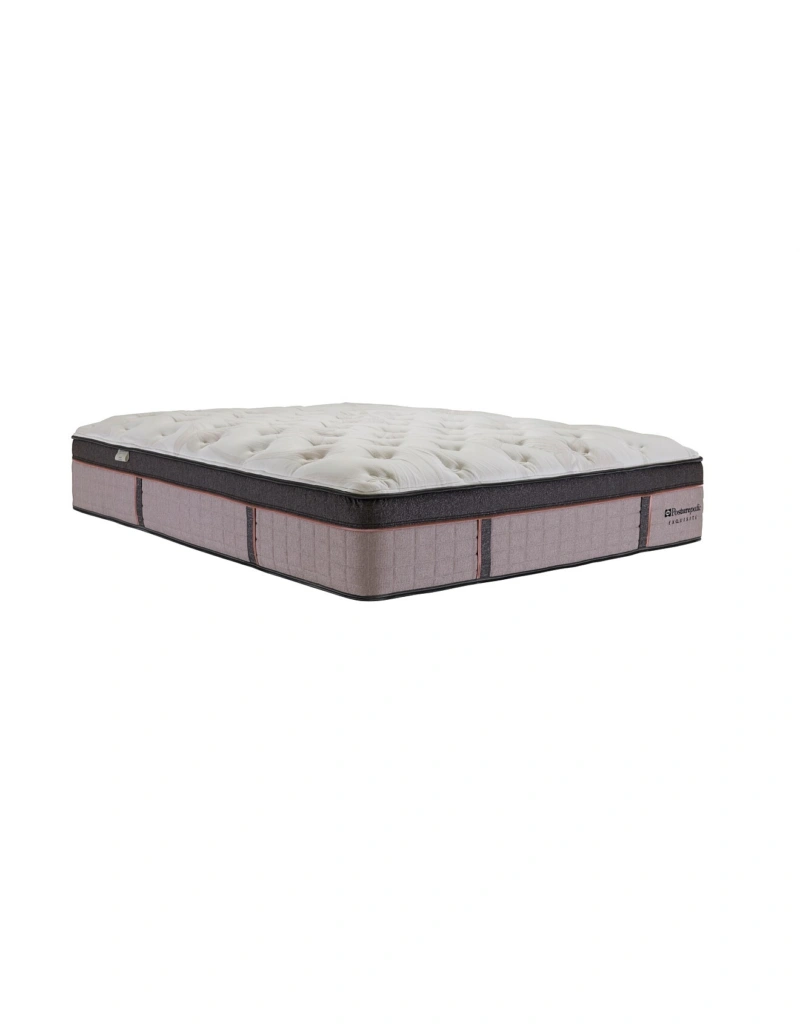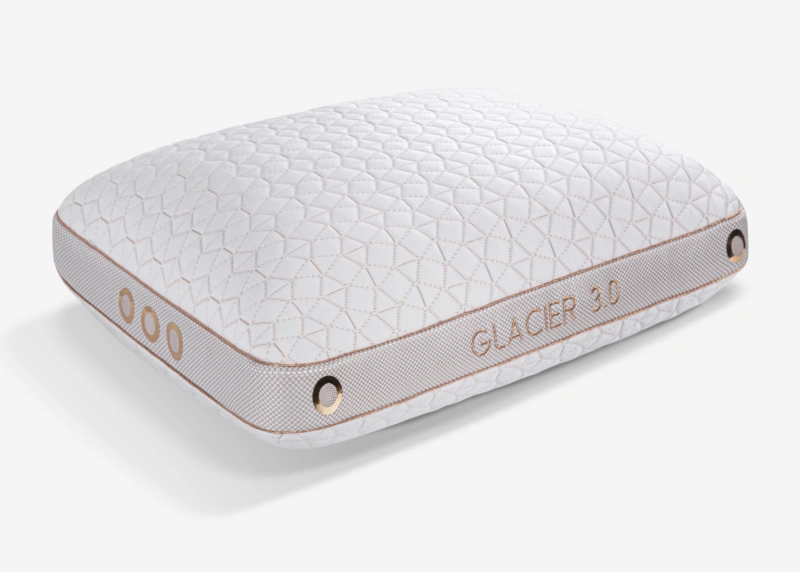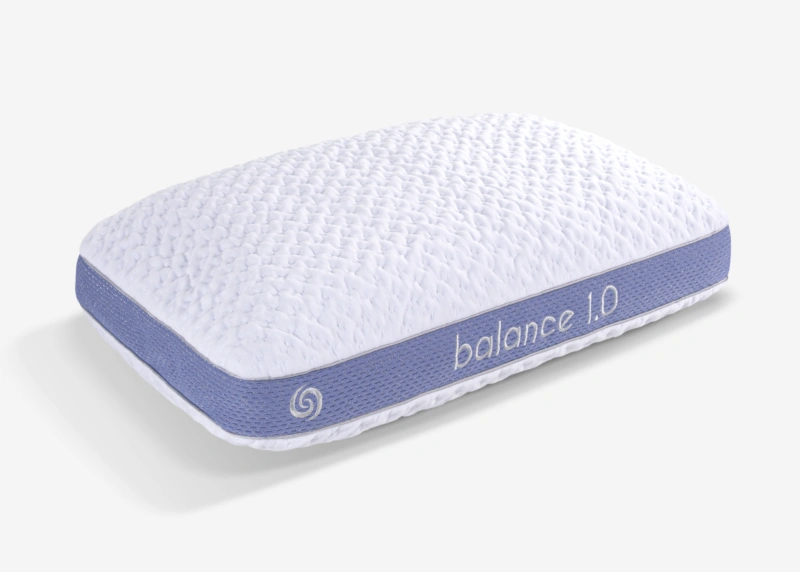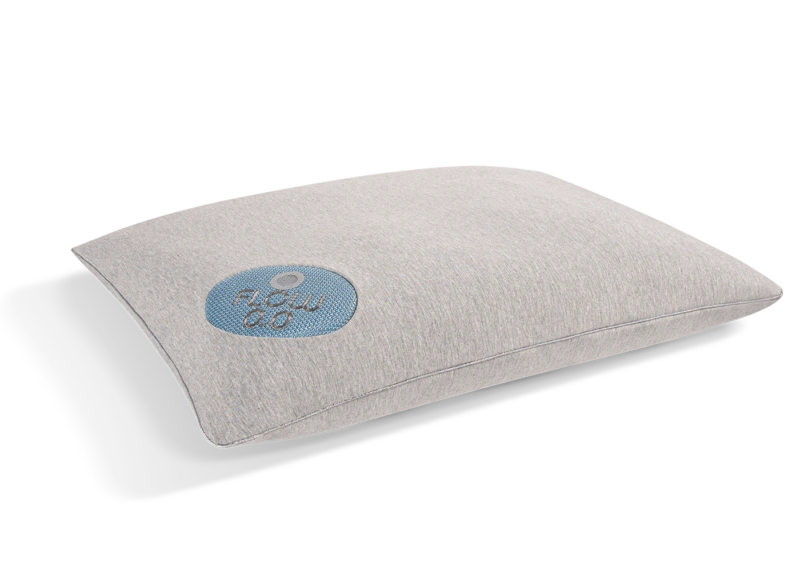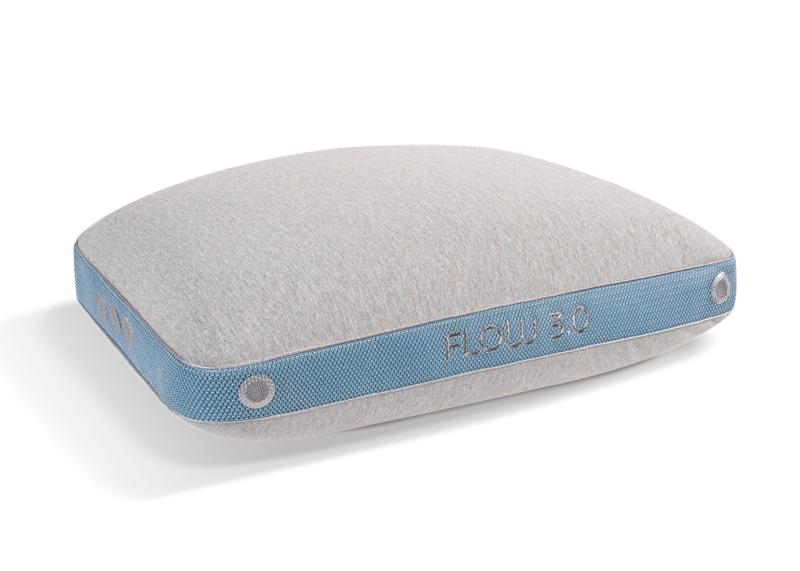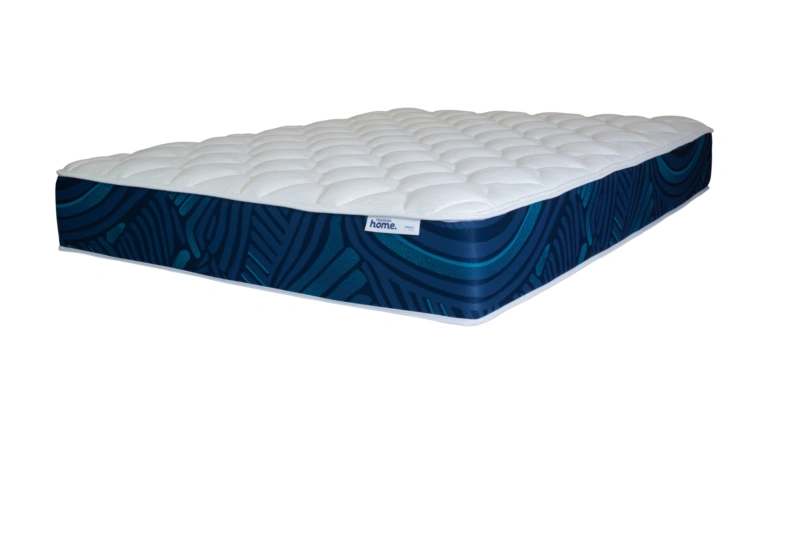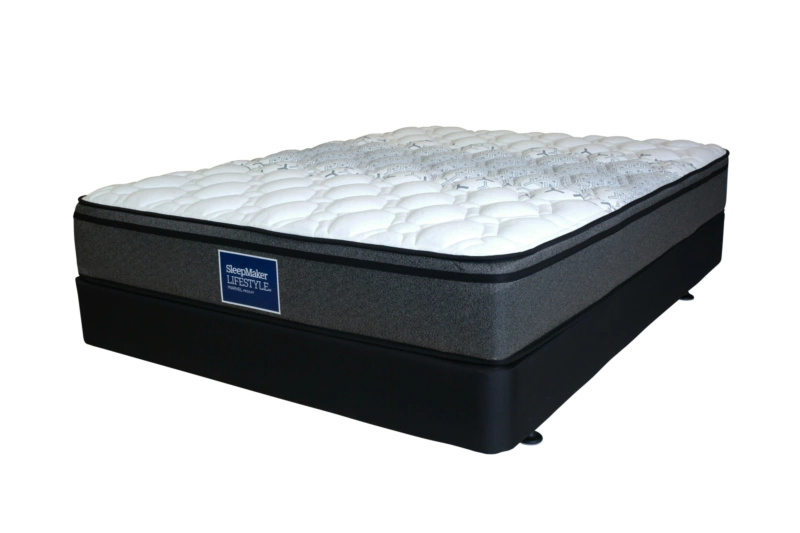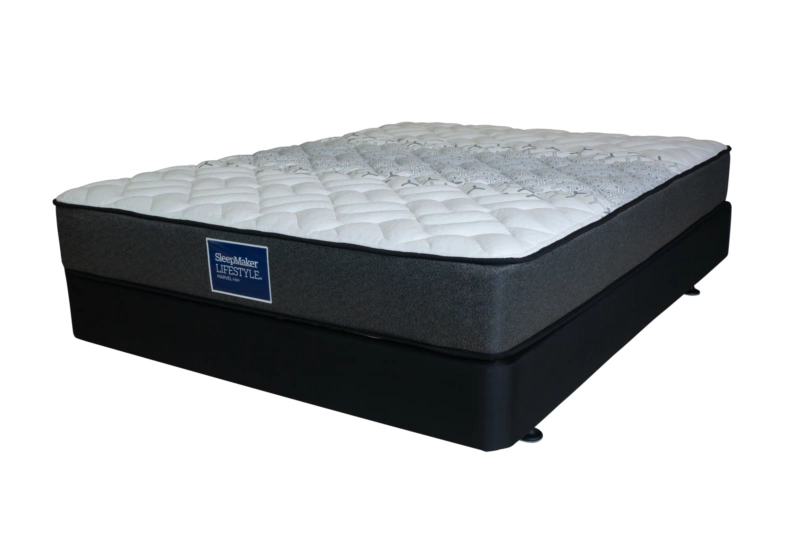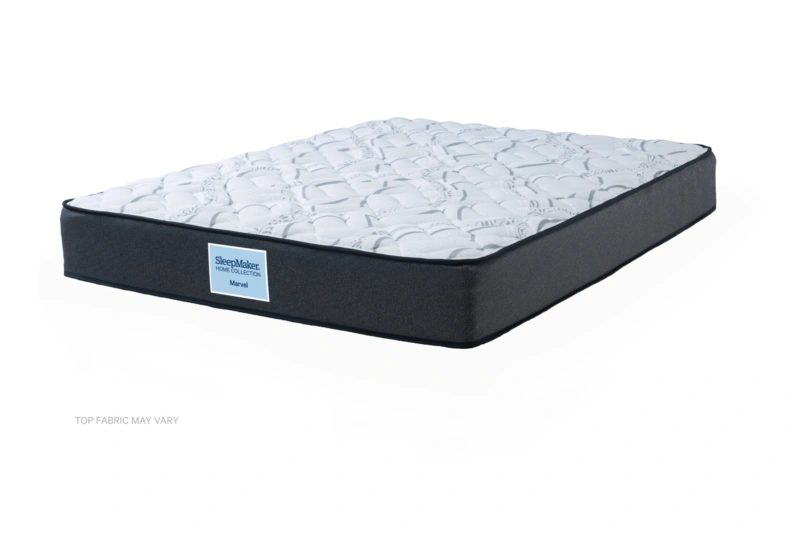
Does spring affect your sleeping patterns?
We look forward to spring for the warmer weather, longer days, new leaves on the trees and blooming flowers. However, the changing climate can have adverse effects on your sleeping pattern. Here’s why spring is known for inducing insomnia or fatigue.
Daylight savings starts in spring
For daylight saving in 2021 in New Zealand, the clocks go forward an hour at 2.00 am on Sunday, 26th September 2021 and back at 3.00 am on Sunday 3rd April 2022.
While losing an hour of sleep on Sunday morning may not seem like a big deal, the ramifications on your circadian rhythm (body clock) are significant. Your circadian rhythm gets used to your daily routine and regulates numerous body processes that prepare you for sleeping and waking up. When daylight savings starts, the clock reads 8.00 am, which may be when you leave for work, but your body thinks it’s still 7.00 am, which may be before your alarm usually goes off. Our bodies can naturally adapt to the slowly changing seasons as the days get longer or shorter, but resetting everything by an hour overnight takes some getting used to. So, you may not be sleeping so well throughout this period in spring until your body adapts to the new timing of your daily routine.
How to adapt faster to daylight saving time
Light is an important environmental cue for our circadian rhythm. When daylight savings starts, open your curtains first thing in the morning to signal to your body that it is time to wake up and start dimming the lights an hour before bedtime. It could also be worth incrementally bringing your wake-up time and bedtime forward by 10 minutes a day in the week leading up to daylight savings, so it is less of a shock for your body when the hour switches over.
Springtime often triggers allergies
With spring comes flowers, and with flowers comes pollen. Increased plant growth in spring leads to a significant increase of pollen and grass particles in the air, which can be a nightmare for anyone with hayfever. If a stuffy nose, itchy eyes and sinus irritation aren’t enough to keep you up at night, antihistamines are known to impair overall sleep quality, even if they are the ‘drowsy’ kind.
How to sleep when you have hayfever
If springtime is triggering your hayfever and making it harder to sleep, take antihistamines to ease the symptoms, but in a light dose. This will minimise the symptoms of hayfever without the medication heavily impairing sleep quality. Sleep with your windows closed and regulate your room temperature with a heater or fan instead. This will help to reduce the pollen that enters your room at night.
Spring weather can make it harder to sleep
Changes in barometric pressure, temperature and humidity can increase joint pain and migraines and play an important role in the onset and quality of your sleep. With spring often comes increased humidity, and feeling hot and sticky is never conducive to a good night's sleep! Your body will eventually adapt to the springtime climate, but the first few days of warmer, rainier weather may cause a few restless nights.
How to sleep when the weather is humid
To make the transition to warmer weather easier, choose a mattress that helps your body regulate temperature effectively. You can also use heaters or fans, or air conditioning to maintain the ideal room temperature for sleeping.
We hope these sleeping tips for spring will help you rest easier and wake up with a ‘spring’ in your step!



